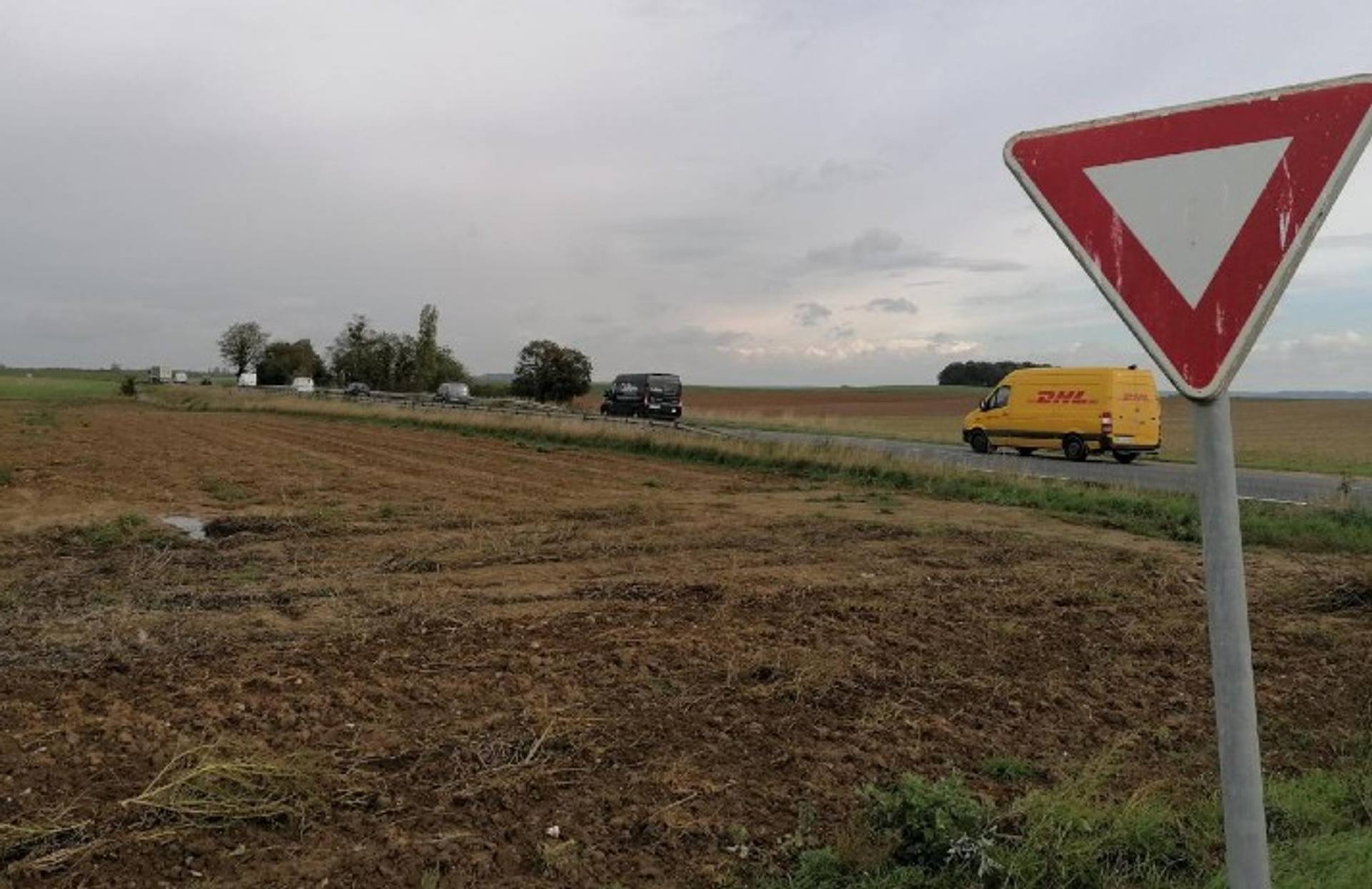
French ruralites feel alienated by action taken to decarbonise the economy. Brands involved in the green transition would be wise to acknowledge the potential for discontent, and the business risks that come with it, if the green transition isn’t implemented in a way that meets everyone’s needs.
Amid COP26’s climate talks, with experts and politicians warning of the need for immediate action to decarbonise, people living outside big cities in France feel forgotten and alienated, and are concerned by the potential cost of a green transition. With gas prices in France going up by 12.6% from October to November 2021, many people whose livelihoods depend on diesel vehicles feel threatened by the potential of a clean-energy transition. They worry that the green transition is being imposed on them by metropolitan elites who can afford electric cars and who live far away from proposed wind farms and recycling plants. “The climate transition remains a risk for all democracies, because it will be very costly,” says Bruno Le Maire, French finance minister, aware of the potential for backlash. “If we are not cautious, we run the risk of having a new Yellow Vest movement [crop up] everywhere in Europe.”
Indeed, there are concerns that the protests of the Yellow Vest movement, which was initially sparked by opposition to a carbon tax in 2018, could return as the rural working classes continue to be left out of climate change talks. “People have to think about the end of the month before they can think about the end of the world,” says Guy Ryder, director-general of the International Labor Organisation, a United Nations agency. Indeed, if policymakers fail to implement climate transition policies with fairness, experts warn that there may be backlash to action on climate change. Contrary to media depictions, however, most Yellow Vests aren’t anti-climate, a study has found. Instead, they feel alienated by decision-making on climate change. Organisations involved in climate action would do well to accompany green initiatives with investment in local infrastructure in rural areas to ensure the transition is both green and fair.